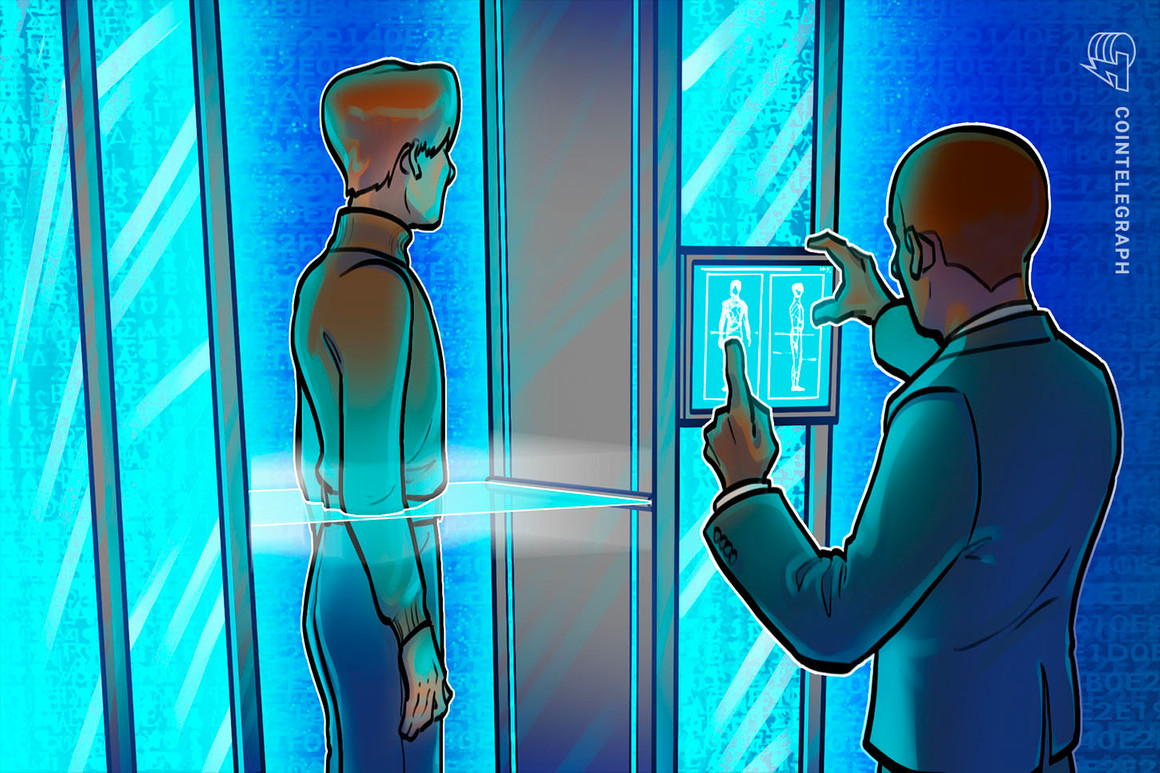Web engineers have been working for a long time to determine if there is a way to prove something is true without revealing any data that substantiate
Web engineers have been working for a long time to determine if there is a way to prove something is true without revealing any data that substantiates the claim. Zero-knowledge proof (ZKP) technology has enabled the deployment of cryptographic algorithms for verifying the veracity of claims regarding the possession of data without unraveling it. These proof mechanisms have led to advanced mechanisms that enhance privacy and security.
Leveraging blockchain deals with problems related to centralization, while the lack of privacy in decentralized applications (DApps) can be balanced with cryptographic ZKP algorithms.
This article provides a primer on zero-knowledge proofs, portable identity, problems in prevailing identity solutions, blockchain-based zero-knowledge proof powered portable identity solutions, trustless authentication and the process of creating password credentials.
What is a zero-knowledge proof?
A zero-knowledge proof is a cryptographic technique that establishes the authenticity of a specific claim. It enables a protocol to demonstrate to a verifier that a claim about certain confidential information is accurate without disclosing any critical information. The technology facilitates interactive as well as non-interactive zero-knowledge-proof applications.
An interactive proof needs multiple communication mechanisms between the two parties. On the other hand, a non-interactive zero-knowledge proof requires a single exchange of information between participants (prover and verifier). It improves zero-knowledge efficiency by reducing the back-and-forth communication between the prover and the verifier.
A zero-knowledge proof works by a prover showcasing to a verifier that they have an identifying secret without disclosing the secret itself. For instance, a prover might be holding an asymmetric key pair and using the identifying secret as a private key to respond to the statement sent with the public key. This culminates in a situation where the verifier is convinced that the prover has the key without the prover revealing it.
Thanks to zero-knowledge proof technology, a user could demonstrate they are of an appropriate age to get access to a product or service without revealing their age. Or someone could prove they have sufficient income to fulfill criteria without having to share precise information about their bank balance.
Zero-knowledge identity authentication
The need of businesses to manage voluminous amounts of consumer data while ensuring consumers’ privacy and complex regulatory compliance led to a burgeoning need for innovative digital identity solutions. Zero-knowledge proof has helped fructify the concept of a portable digital identity efficiently.
Identity portability refers to the ability of users to generate a single set of digital ID credentials usable across multiple platforms. A digital identity management scheme clubs unique identifiers on a user’s device, relevant legal documents and biometrics such as face ID or fingerprints.
Understanding how a decentralized identity (DID) wallet is stored on a smartphone will help you get a better grasp. An issuer attaches a public key to verifiable credentials they have issued. Securely held in the wallet, the credentials are passed on to the verifiers. All a verifier needs to do is confirm that the proper issuer cryptographically signed a credential sent by a user.
Problems in prevalent identity solutions
Hard-hitting data breaches, privacy overreach and abysmal authentication have been the nemesis of online applications. This is drastically different from the time of initial web architecture when user identity wasn’t a priority.
Traditional authentication methods no longer suffice due to our complex and ever-changing security environment. These methods severely restrict users’ control over their identities and risk management, thus compromising access to essential data. Usually, enterprises use different identity services to resolve various identity-related issues.
Stemming data from diverse sources through a string of advanced technologies has made preserving identity-related data a cumbersome task. Gathering multidimensional data while adhering to a vast set of regulations has made it exceedingly complex for businesses to resolve identity-related issues quickly, detect fraud and uncover business opportunities simultaneously.
Zero-knowledge-powered-portable identity solutions
Cross-channel, portable self-sovereign identity solutions enable enterprises to secure customer access and data using a single platform. Such a seamless identity experience reduces the churn of customers. Effortless, secure workstation login helps secure remote work and reduces fraud risks associated with weak passwords.
A blockchain-based solution stores identity within a decentralized ecosystem, enabling one to prove identity when necessary. NuID, for instance, leverages a zero-knowledge proof protocol and distributed ledger technologies to facilitate digital…
cointelegraph.com
